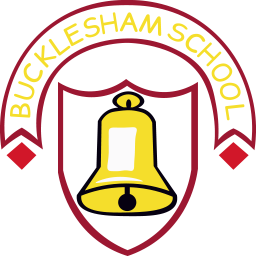Spoken Language
At Bucklesham Primary School, teachers provide a wide range of contexts for spoken language throughout the school day. Teachers and other adults in school model speaking clearly. This includes clear diction, reasoned argument, using imaginative and challenging language and use of Standard English. Listening is modelled, as is the appropriate use of non-verbal communication, respecting the views of others. Teachers are also sensitive in encouraging the participation of retiring or reticent children.
Spoken Language outcomes are planned for in all areas of the curriculum. Roles are shared amongst pupils: sometimes a pupil will be the questioner, presenter, etc.
Learning takes place in a variety of situations and group settings. For example, these could include reading aloud as an individual, working collaboratively on an investigation, reporting findings as a newscaster, interviewing people as part of a research project, acting as a guide for a visitor to school or responding to a text in shared or guided reading.
Spoken Language will be a focus across the curriculum and across the school day in a variety of settings.
Children:
- Feel their ideas and opinions are valued
- Listen to verbal instructions which are clear
- Offer ideas and opinions which may differ from others
- Verbalise ideas in a variety of situations
- Ask and answer questions appropriately
- Think before they speak – plan out
- Appreciate opinions of others
- Speak aloud with confidence for the appropriate audience
- Communicate collaboratively
Teachers:
- Plan for speaking and listening
- Speak clearly
- Listen
- Consider oral outcomes
- Encourage discussion, debate and role play
- Value and build on pupils’ contributions
- Understand how to develop skills progressively
- Use resources effectively
- Set realistic goals
- Use different approach
